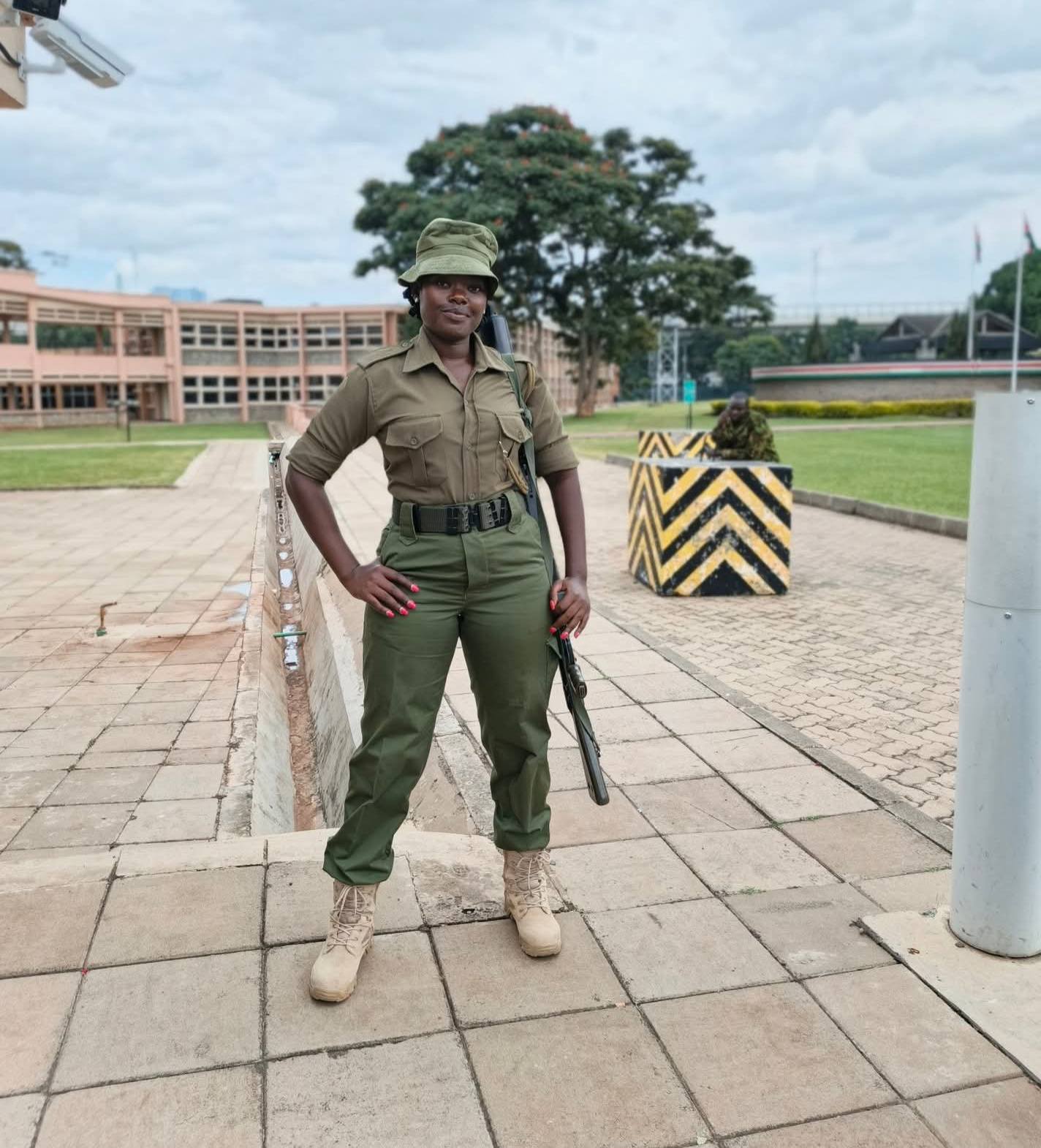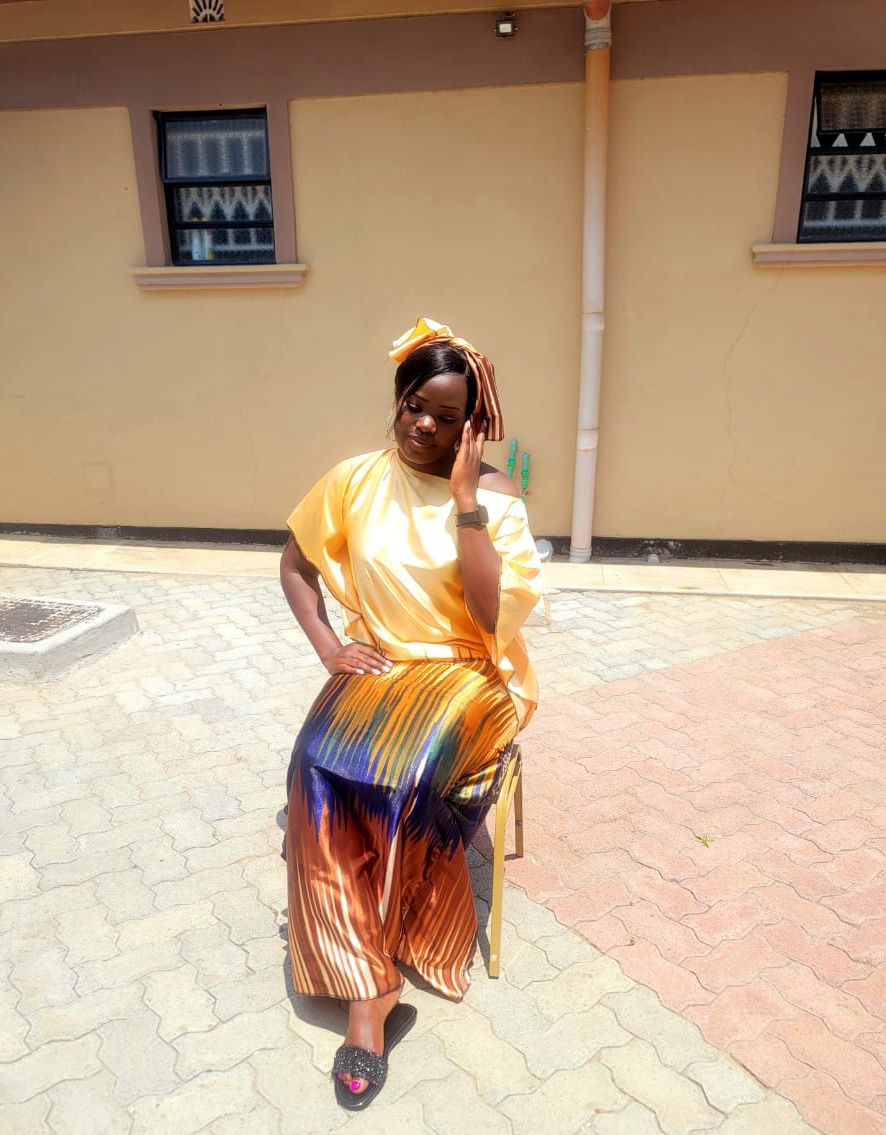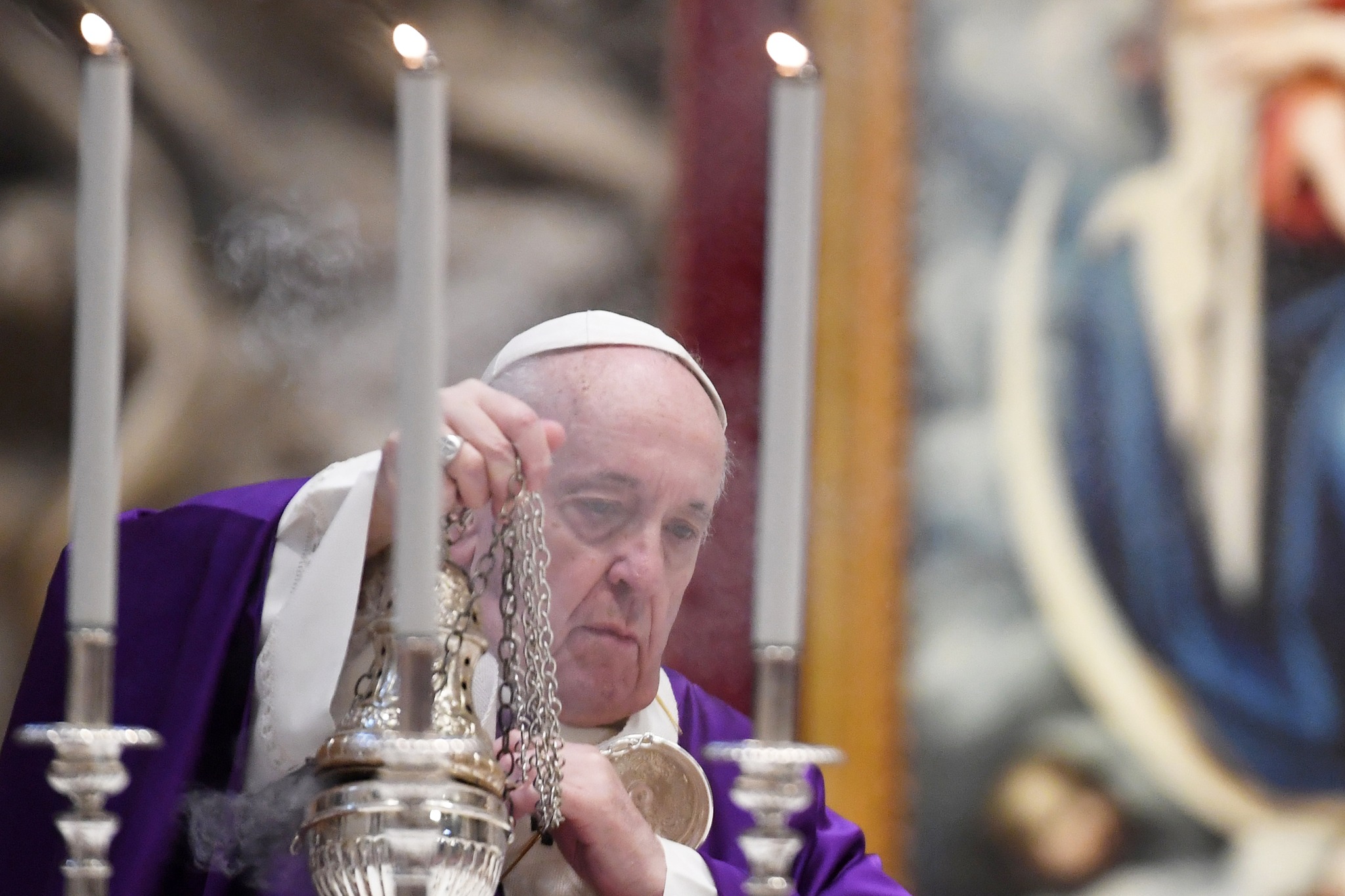The first time Cellyn Rhioba realised she was truly on her own, she was running in circles around a police station — chased by the man she loved, bruised, terrified, and ignored by colleagues she once believed would protect her. It is a memory she carries like a scar, one she says explains why so many women never report abuse, and why even fewer ever find justice.
Rhioba served as a police officer, sworn to uphold the law and protect the vulnerable. But inside the very institution meant to offer safety, she found herself suffocating under a cycle of abuse, humiliation, and institutional neglect. Her story, shared with painfully raw honesty, exposes the deep cracks in Kenya’s GBV response system, especially within the country’s security services.
“People will easily say, “Go report to the police ![]() ”, but let me be honest—reporting didn’t help me, and I was a police officer working in the very same station. If I, an officer inside the system, was not protected, imagine how many ordinary women go unheard,” she said.
”, but let me be honest—reporting didn’t help me, and I was a police officer working in the very same station. If I, an officer inside the system, was not protected, imagine how many ordinary women go unheard,” she said.
Her ordeal began quietly, the way many abusive relationships do — with control disguised as love, and manipulation masked as concern. Living at the police lines with her partner, she navigated a relationship that grew increasingly unpredictable. At the same time, she faced unwanted attention from her then Officer Commanding Station (OCS), who sent her inappropriate messages. Young and inexperienced, she confided in her partner, even forwarding the messages to him — a decision she would later regret.
“Whenever we argued, he would mock me and say, ‘Go to your boss,’” she recalls. What began as a private wound soon became a weapon used against her, a reminder that even within the police system, the lines between personal pain and professional power could blur dangerously.

The violence escalated one day after a heated disagreement. “He grabbed me by the neck,” she says. Desperate and struggling to breathe, she bit his hand to escape. Instead of backing down, he charged after her. Rhioba ran — around the station, past officers who watched but did nothing, making what felt like ten frantic laps in a life-or-death chase.
“No one intervened,” she says. Not one officer asked what was happening. Not one stepped forward to help a colleague in distress.
Her fear turned into instinct when she dashed into a nearby officer’s house and grabbed an AK-47 rifle. Only then did the silence break. Officers who had moments earlier pretended not to see her suddenly rushed in, urging her to calm down. It was the first sign of attention she had received that night — not for her safety, but because she was now holding a gun.
The incident led to her transfer to Nairobi, but not to safety. The cycle of abuse followed, repeating itself in new locations and new episodes of fear. Each time she attempted to report the violence, she says she encountered the same cold response.
“I made several entries in the OB at Central Police Station,” she says. “But I was told, ‘These are family matters, not police cases.’”
Her voice carries a mixture of disbelief and exhaustion as she recounts the dismissals. If a police officer — someone trained, uniformed, and stationed inside the system — could not be protected, what chance did ordinary women have?
The hopelessness grew so heavy that one day, a dark thought crossed her mind: Why not shoot him so that it becomes a police case? It was a moment of breaking, a sign of just how ignored, unsafe, and cornered she felt.
“I was praying not for the marriage to work,” she says, “but that God helps me leave it without losing my life or taking someone else’s.”
Leaving became her act of survival. She walked away from the relationship, from the dangers that haunted her, and from the institution that failed to shield her. Today, she speaks openly about her experience — not as a victim, but as a survivor who knows the weight of silence and the cost of staying.
Her message is blunt, shaped by lived pain rather than theory.
“People say, ‘Go report to the police,’ but reporting didn’t help me. I was a police officer reporting at my own station, and still I was told it was a family matter.”
She warns that the police are not always equipped — or willing — to intervene in GBV cases, even when the danger is immediate and life-threatening. The culture of silence, she believes, is what allows abuse to thrive. Officers who ignore cries for help, institutions that label violence as private issues, and victims who are shamed into staying all contribute to a system that leaves survivors fighting alone.
Her advice to women in abusive relationships is simple but urgent: “If you can, stand tall and run. Your life is more important than a title, a ring, or public opinion.”
To Rhioba, GBV is not a statistic or a conversation topic — it is a lived reality that kills dreams, breaks confidence, and leaves invisible wounds long after the bruises fade. Her story reveals a truth many fear to say out loud: in a country where the police are expected to enforce the law, some officers are quietly suffering inside the same walls sworn to protect them.
And while she has found freedom, she knows countless others remain trapped, unheard and unseen.
“I survived,” she says softly. “But many don’t.”


